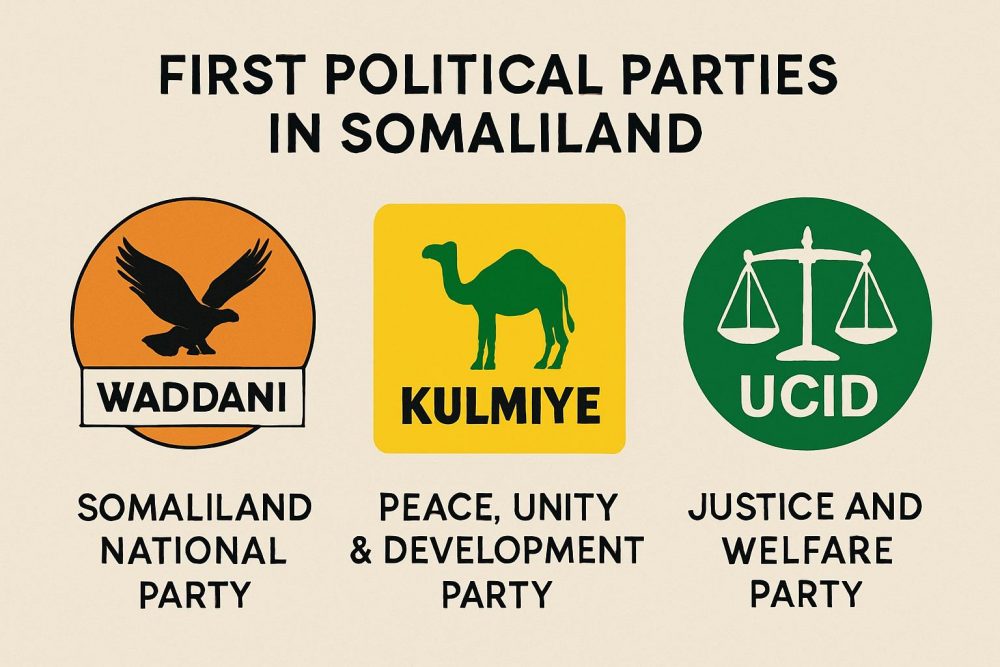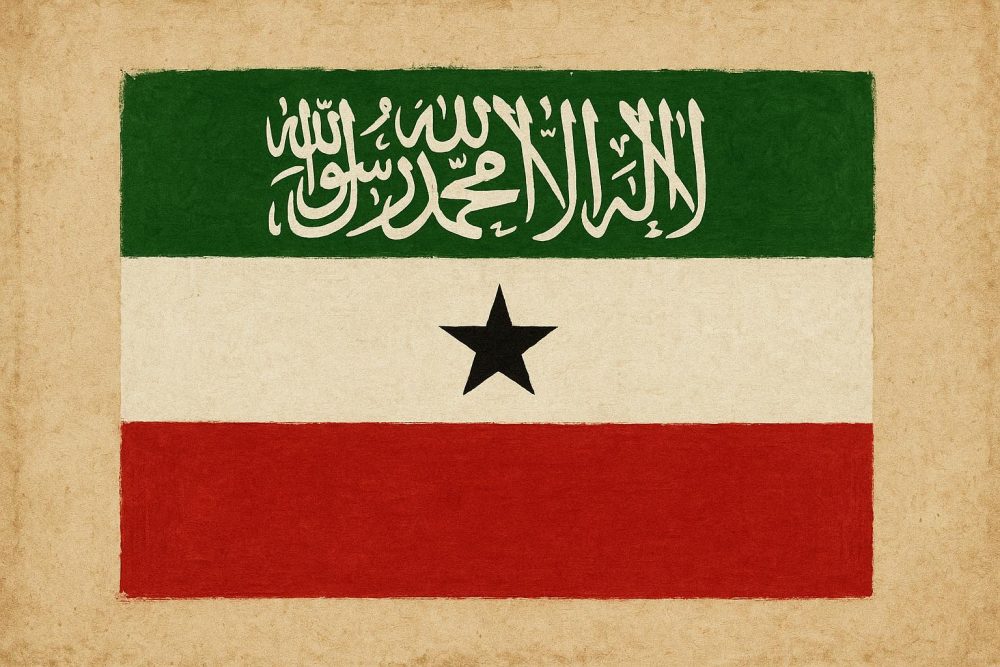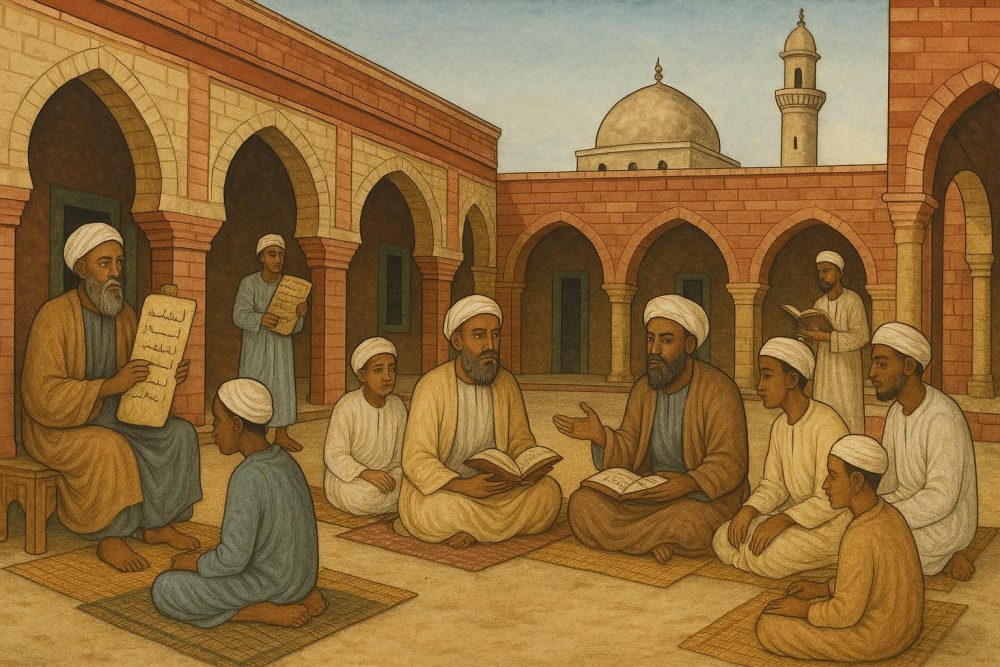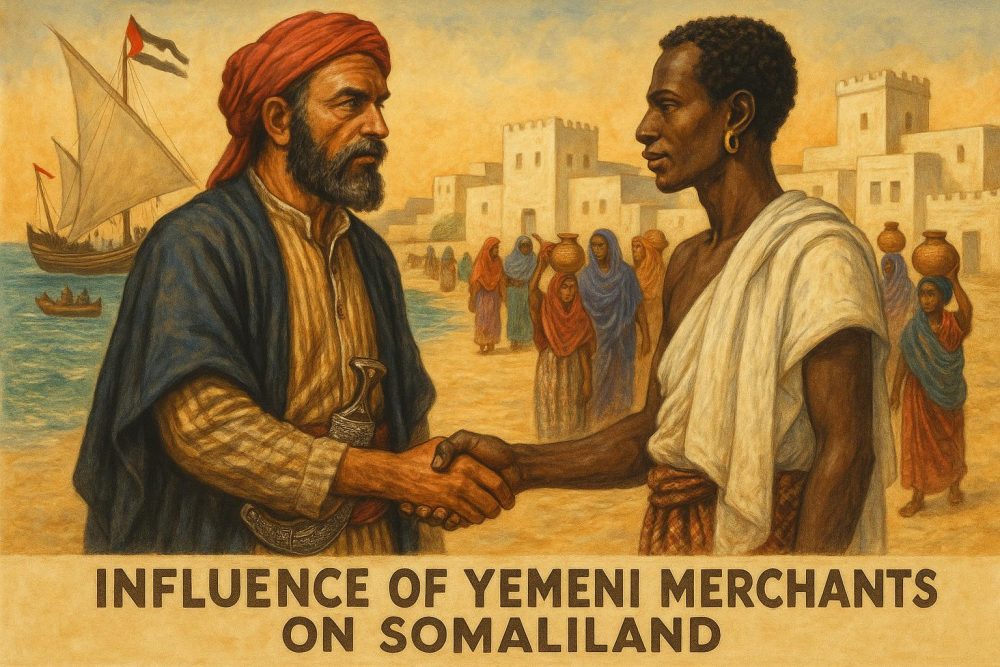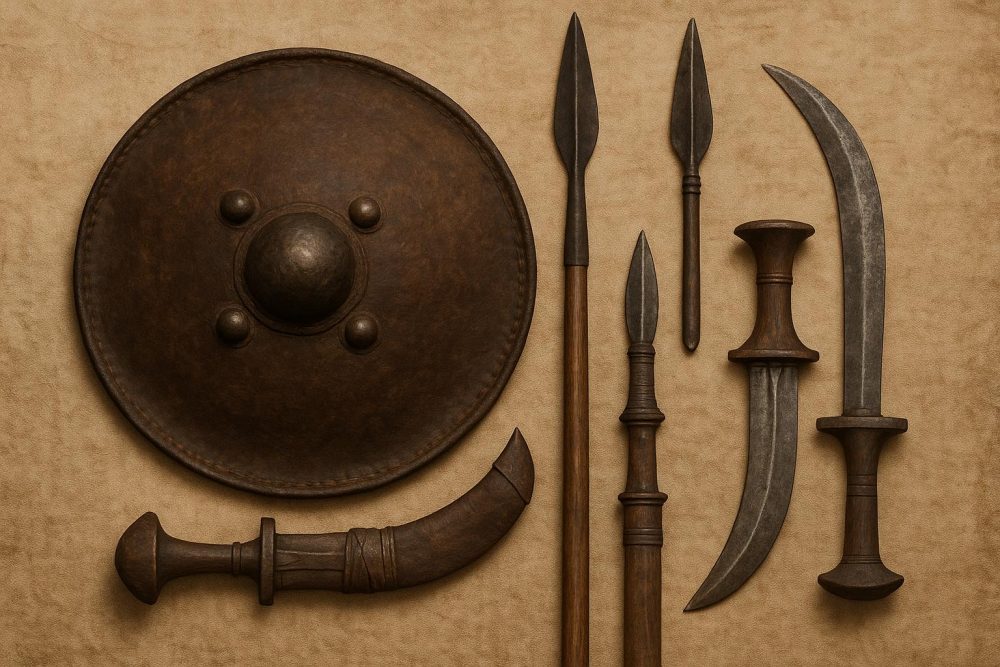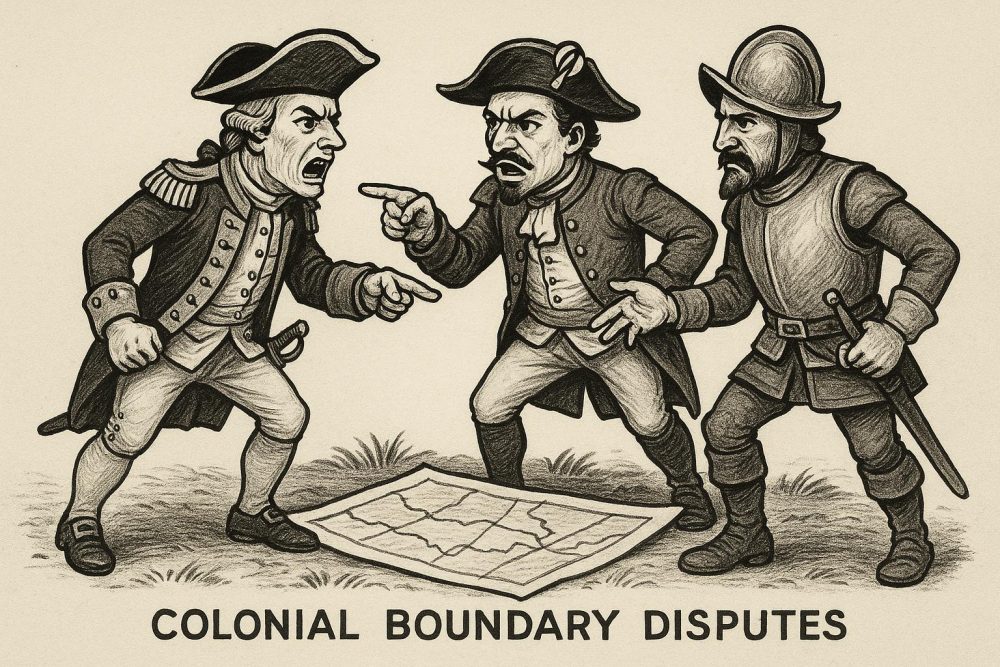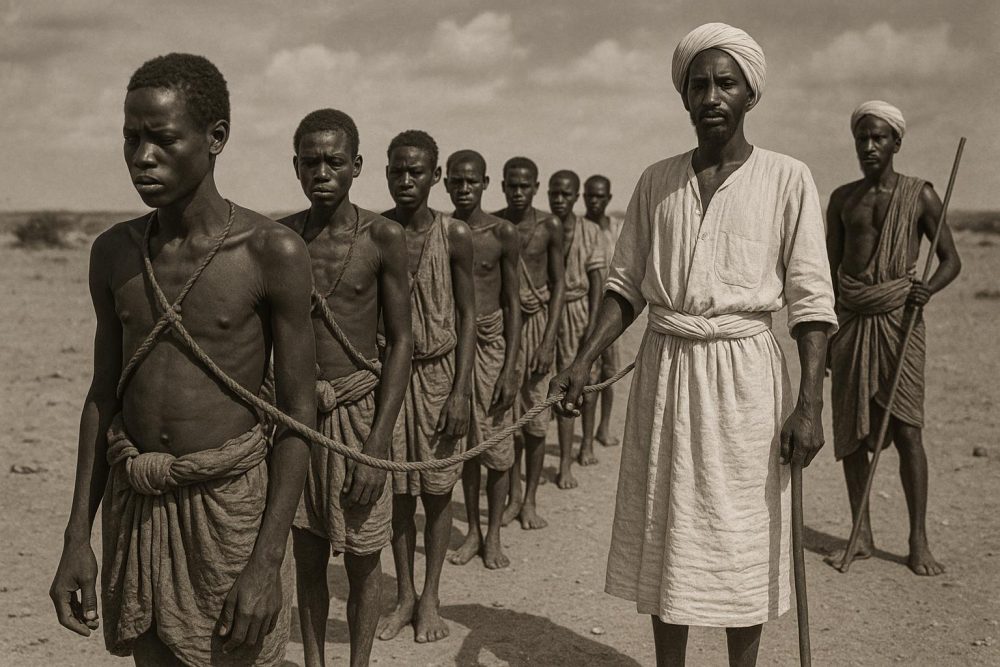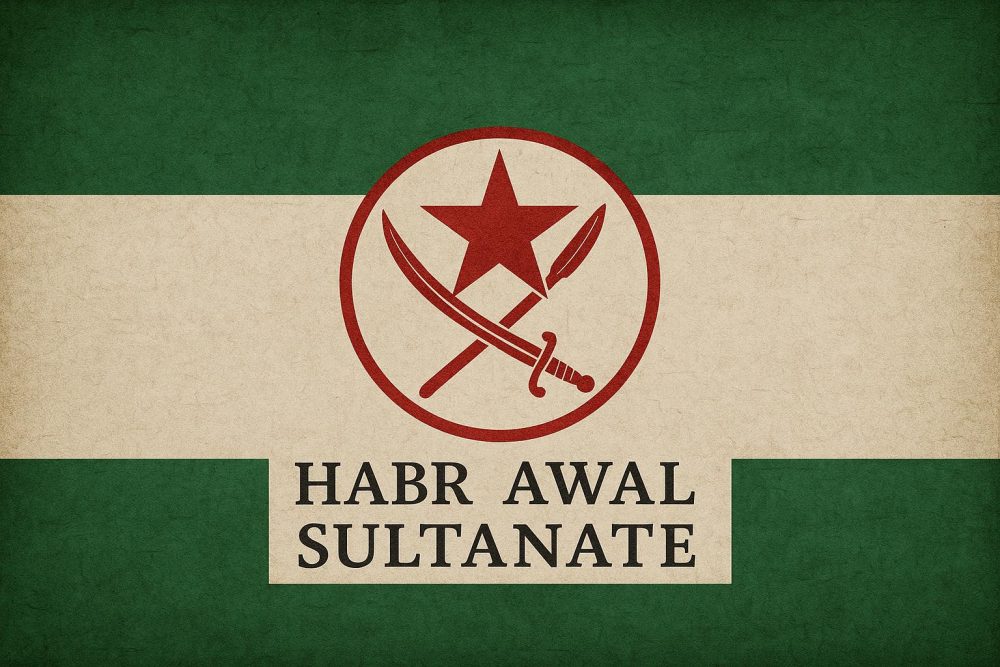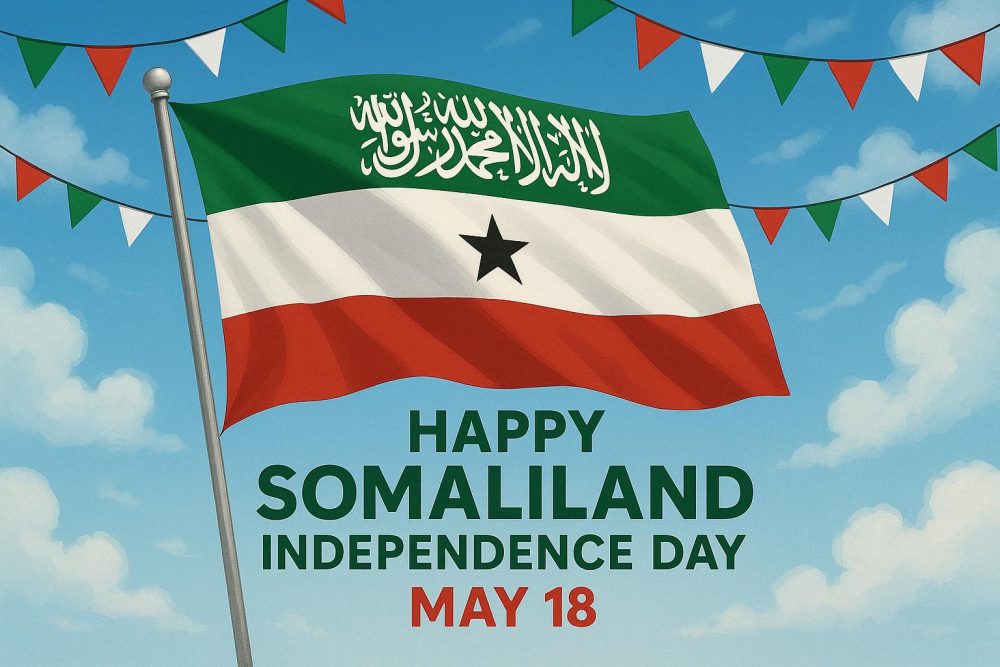
Understanding Somaliland’s Independence Day: May 18th
May 18th is a momentous occasion for the people of Somaliland. This date is celebrated each year as Somaliland’s Independence Day, marking its Declaration of Independence in 1991. This event came on the heels of the collapse of Somalia’s central government, which prompted Somalilanders to seek self-rule and sovereignty. Since then, May 18th has been a symbol of the aspirations and desires of the people of this region in the Horn of Africa.
Historical Context
The story of Somaliland’s independence has a long and complex history, beginning well before the 20th century. Initially, in the late 1800s, the area was known as British Somaliland, having been a protectorate under British governance. By 1960, British Somaliland gained independence and united with the Trust Territory of Somalia, an area formerly managed as an Italian colony. These two regions together formed the Somali Republic. Unfortunately, this union was marked by difficulties and imbalances, which resulted in growing dissatisfaction and unrest among the Somaliland populace. The aspirations of the people for true equality were continually unmet during this period, fueling the movement for self-determination.
The Declaration of Independence
Amidst the turmoil and civil unrest in Somalia, Somaliland emerged to affirm its own course. On May 18, 1991, the region declared its independence, driven by a vision for peace, stability, and a recognition of the distinct cultural and historical background that set it apart from the broader Somali context. Despite the absence of formal acknowledgment of its sovereignty by the international community, Somaliland has since operated as a self-regulating entity, complete with its own governance structures and institutions. This bold step reflected the profound desire of the people to carve out an existence on their own terms.
Celebration of National Identity
May 18th is a vibrant reflection of what it means to be Somalilander. This day transcends being merely a public holiday; it is an occasion for contemplating national identity and celebrating the myriad accomplishments achieved thus far. Across Somaliland, a variety of events—including parades, cultural presentations, and speeches—are orchestrated to highlight the determination and progress of the region. These celebrations embody the tenacity and resolve of the residents as they continue to bolster their autonomy, even in the face of international non-recognition. It is a day where the spirit of unity and hope for a more prosperous future is palpable in every corner of Somaliland.
Challenges and Future Prospects
Despite its successes, Somaliland continues to face significant hurdles. One of the foremost challenges is the pursuit of international recognition. This recognition is critical not only for national pride but also for participating more robustly in global economic and political frameworks. Additionally, the region contends with various economic and social development issues. Efforts to improve infrastructure, healthcare, and education are ongoing struggles that need attention.
However, the commitment to the vision of independence remains unwavering within Somaliland. The spirit captured by May 18th celebrations illustrates a keen awareness among Somalilanders of their journey and the road still ahead. The government and people remain resilient, working to solidify their place in the world and to continue building on the foundations of self-governance that have been established since 1991.
The day is not only a celebration of past milestones but also a launchpad for future ambitions. It serves as a reminder of the rich history and cultural heritage that are important elements of Somaliland’s national pride. As Somaliland persists in its quest for global recognition and internal development, May 18th epitomizes the hope and optimism that drive the country forward. The steadfast dedication to crafting an independent and thriving future is a commitment that resonates deeply with the people of Somaliland.
This pervasive sense of determination and identity suggests that while challenges remain, the path carved from the past to the future holds promise. The citizens’ resilience, coupled with strategic planning and international diplomacy, may gradually shift the international perspective and recognition status. Until that time, May 18th will continue to be the heart of Somaliland’s national consciousness—one that beats strongly with dreams of full realization and acceptance on the global stage.
